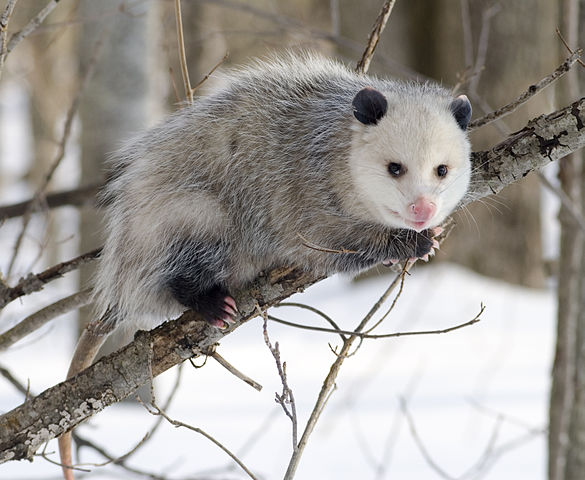Communities Raise Their Voices on Genetic Engineering
By Amy Dockser Marcus,
The Wall Street Journal
| 07. 27. 2018
In recent years, scientists have begun using the gene editing tool Crispr to experiment in the laboratory with altering embryos and changing the DNA of animals. But the consequences of using the technology outside the lab are hard to predict—and potentially enormous. As a result, a world-wide debate is under way about how much say ordinary citizens should have over the use of Crispr in their communities.
Earlier this month, Richard Johnson, a biologist who runs the Martha’s Vineyard Tick-Borne Illness Reduction Initiative, attended a discussion of Mice Against Ticks, an ambitious project working on using the Crispr gene editing tool to create mice resistant to the bacteria that causes Lyme disease. Someday, the genetically engineered mice might be released on Martha’s Vineyard and neighboring island Nantucket, where they could breed with the local mice and pass on the immunity to their offspring. Ticks that feed on the mice would not become infected, so they would not transmit the pathogen to humans, lowering the incidence of the disease.
Mr. Johnson believes that the scientists can find a way to make...
Related Articles
Riquet Mammoth Kakao (c.1920)
by Ludwig Hohlwein, Public Domain via Flickr
Colossal, the de-extinction company, scored headlines (1, 2, 3, 4, 5) recently by announcing that they had created mice! Not just any mice, not even colossal mice, but genetically engineered, normal-size “woolly mice” that are the result of editing seven genes in mouse embryos. This Colossal presented as an important step toward making a specimen of charismatic megafauna – a...
By Ben Johnson, Nature | 02.14.2025
A London-based biotech has amassed the world’s largest ethically sourced foundational biodiversity database for training artificial intelligence (AI) by setting up partnerships with 25 countries around the world. The startup, Basecamp Research, announced in January the launch of a new...
By Isaac Schultz, Gizmodo | 10.18.2024
Colossal Biosciences, a company mainly known for intending to genetically engineer proxies for several iconic extinct species, announced this week that it has made major steps towards the de-extinction of the thylacine, or Tasmanian tiger.
The thylacine was a carnivorous...
By Russ Burlingame, Comicbook | 07.23.2024
Colossal Laboratories and Biosciences, a biotech company that's putting together plans to orchestrate the de-extinction for animals like the dodo and the wooly mammoth, made some waves on Reddit recently when they petitioned the United Federation of Planets -- the...




